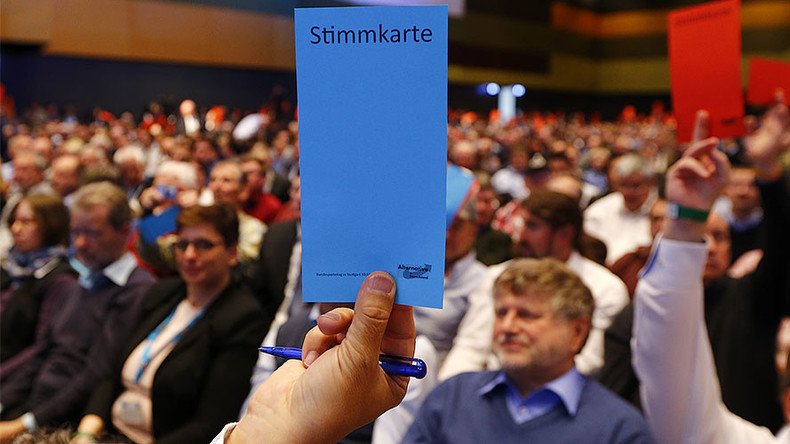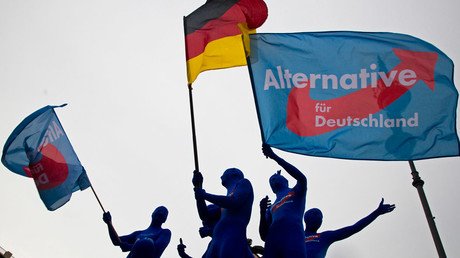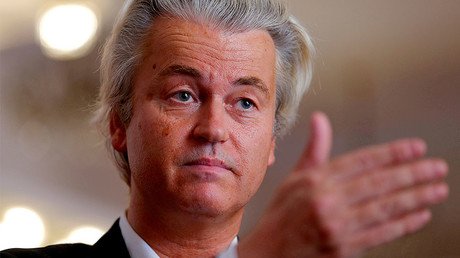Globalization fears see EU right-wing populist parties flourish – study

Voters in the European Union are opting for right-wing populist parties due to a fear of globalization, a study by Germany’s renowned Bertelsmann Stiftung has found. The results come as populist and right-wing parties’ support across the EU grows.
Authors of the research, entitled “Globalization anxiety or value conflict? Who in Europe votes for the populist parties and why?” examined the opinions of nearly 11,000 people in all 28 EU countries. According to a key finding of the paper, globalization appears to be the crucial force behind the growing ranks of right-wing and populist parties’ across Europe.
“The results of our study show that it is mainly the fear of globalization that drives some to go away from the political mainstream and turn to the populist parties,” the research states. It adds that values are playing hereby a “subordinate role.” According to the study, 78 percent of the German anti-immigrant Alternative for Germany party (AfD) are viewing globalization critically or have a fear of it.
Established in 2013, the AfD already has seats in 10 out of 16 German state parliaments. In September, its deputy leader, Beatrix von Storch, even vowed that the AfD “will become the third-largest force in Germany” in the upcoming parliamentary elections next year.
Fears of globalization are similarly high in neighboring Austria among supporters of the country’s right-wing Freedom Party (FPÖ), with the number at 69 percent, according to the Bertelsmann report. On December 4, the country is choosing its Federal President, where the controversial FPÖ candidate Norbert Hofer has a high chance of snatching the post, Der Spiegel writes.
France is also seeing a rise in right-wing support for the Front Nationale (FN) party and its leader Marine Le-Pen profiting from the trend. The fear of globalization among FN voters is even higher than among Germany’s AfD supporters, amounting to 76 percent, the report says. Next year French citizens are voting for the country’s next president, with Le Pen hoping to end up victorious in the polls.
The Bertelsmann report notes that opposition to the globalization process is also driving people into the hands of right-wing and nationalist parties elsewhere in the EU, like Fidesz (61 percent) in Hungary, PVV (57 percent) in the Netherlands or Lega Nord (66 percent) in Italy. The respective fear is rooted in the level of education and the age of the people, the research found out.
“The lower the educational level, the lower the income and the older the people are, the more likely they are to perceive globalization as a threat,” the authors of the paper note.
They add that the majority of EU citizens, however, see globalization as an opportunity and an overwhelming number of them also speak out for the idea of the EU and its future. Not so their opponents from the camp of the globalization critics, where nearly half of the respondents said they would prefer their countries to leave the European Union, while only 9 percent have trust in their governments.
Concluding the report, the authors noted that among global challenges people are worried about are terrorism, financial problems, poverty and war, with the differences between both the globalization supporters and opponents nearly non-existent. Yet the migration crisis is splitting views, with over 50 percent of people critical of the globalized world saying it is a major challenge for the international community.
Reacting to the findings, Aart De Geus, chairman of the Bertelsmann Foundation's study group, said that “the recruitment of worried citizens” should not be left to the populists, Die Zeit reports. “The established parties must include fears of globalization into their work,” De Geus added.














